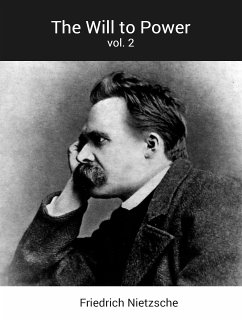In "The Origin and Development of the Moral Ideas," Edward Westermarck embarks on an exhaustive exploration of the evolution of moral concepts, analyzing their sociocultural underpinnings. Westermarck employs a comparative approach, drawing on diverse cultures and historical periods to illustrate the dynamic nature of morality. His literary style is rigorous yet accessible, reflecting both philosophical inquiry and anthropological observation. This seminal work situates moral ideas within the broader scope of human development, offering insights into how they are shaped by social interactions and collective experiences. Edward Westermarck (1862-1939) was a Finnish sociologist and philosopher known for his foundational contributions to moral philosophy and social ethics. His background in anthropology and his experiences in various cultural contexts deeply informed his perspectives on morality. Westermarck's empirical approach to ethics marks a departure from prescriptive moral philosophies, emphasizing the role of observed human behavior in understanding moral norms. His extensive research laid the groundwork for contemporary studies of morality in both sociology and psychology. I highly recommend Westermarck's work to scholars, students, and anyone interested in the intricate relationship between culture and morality. "The Origin and Development of the Moral Ideas" not only provides a profound understanding of ethical evolution but also invites readers to critically engage with their own moral frameworks. This book is essential for those who seek to grasp the complexities of moral thought and its significance in human society.
Dieser Download kann aus rechtlichen Gründen nur mit Rechnungsadresse in A, B, BG, CY, CZ, D, DK, EW, E, FIN, F, GR, H, IRL, I, LT, L, LR, M, NL, PL, P, R, S, SLO, SK ausgeliefert werden.









